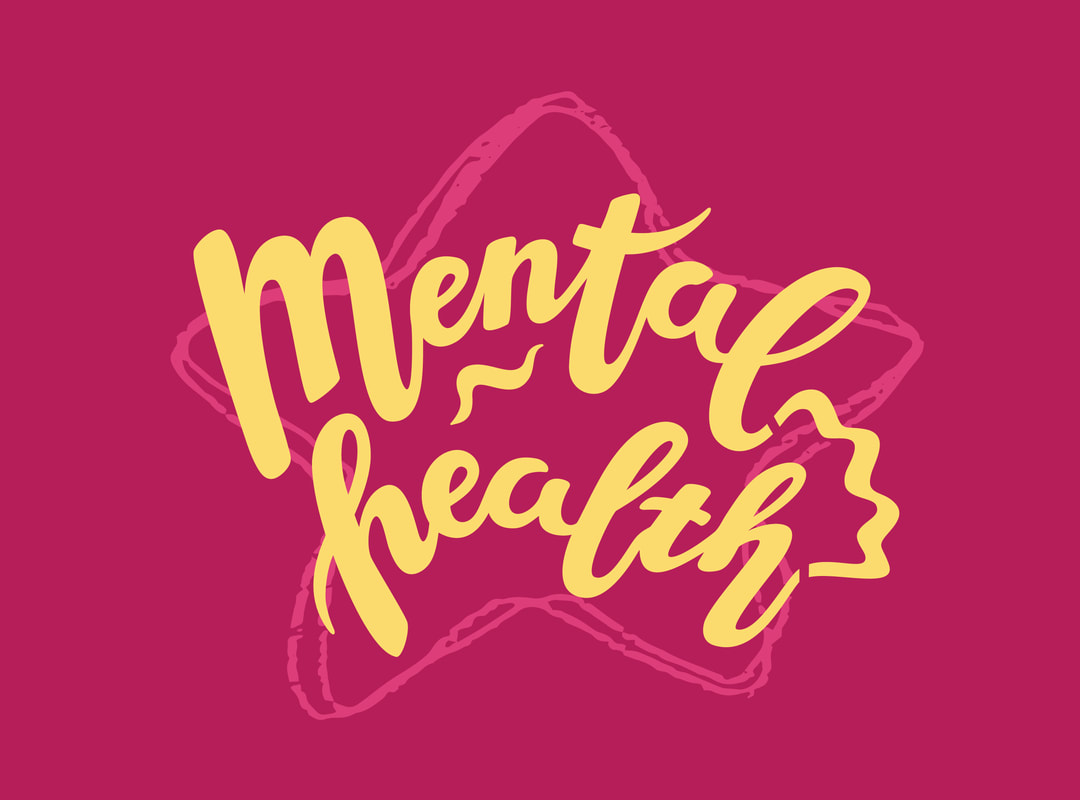Christmas may only come but once a year, but when it does, it can make managing your mental health trickier than usual. Between the stress of organising, the pressure to be jolly, the squeeze on your finances, and extra social occasions, it’s easy to become overwhelmed. To help you stay well over the festive period, here are 20 top tips for looking after your mental health at Christmas.
1. Set boundaries with people – decide who you want to spend time with, and for how long. Tell people what these boundaries are to help manage their expectations
2. Give yourself permission to say ‘No’ – if there’s something you don’t want to do, it’s ok to say no. Listen to what you need
3. Reframe any decision that starts ‘I should’ – if you’re doing something because you feel you should, ask yourself instead, ‘I need to/I don’t need to’, or ‘I want to/I don’t want to’. Doing this helps you listen to your own needs
4. Give yourself permission not to be happy – mental illnesses, such as depression, don’t disappear just because it’s the season to be jolly. It’s ok to feel sad. Give yourself permission to be you
5. Take a break from social media – if you notice you’re comparing yourself to others and it’s making your mental health worse, take some time away from social media. This can help turn down the volume on your inner critic
6. Organise your time – use a diary or calendar to work out your available time, and say no to anything that feels too much. Remember to schedule in quiet time when you can recover and have space to yourself
7. Prioritise your to-do list – make a to-do list, then prioritise things that have to be done and cross out anything that isn’t essential. Tackle one thing at a time and avoid setting unachievable goals
8. Set a budget – avoid spending more money than you have by setting a budget for what you can afford, and sticking to it. It’s ok not to buy extravagant gifts
9. Keep doing self-care – keep a balance between doing things for others, and doing things for yourself. Think about what you need to do to look after your wellbeing, and prioritise it. Try to keep the routine of your usual self-care activities
10. Make time to exercise – physical activity releases endorphins, which make you feel good. Make time to stay active over Christmas to help boost your physical and mental wellbeing
11. Get enough sleep – late nights and disruption to sleeping patterns can affect your mood and impact mental health. Try to maintain good sleep hygiene and stick to your usual routine as much as possible
12. Balance your diet – balance over-indulgence with plenty of fruit and vegetables to avoid mood and energy dips from eating lots of sugary foods
13. Avoid drinking too much alcohol – while alcohol may initially make you feel more relaxed and social, it’s a depressive and can increase feelings of low mood and anxiety. Avoid excessive drinking and stick to recommended guidelines
14. Take steps to stay sober - if you have an addiction, Christmas can be a particularly challenging time of year to stay sober. Spend time with people who are supportive of your recovery, and make a plan to leave any social gatherings if you begin to feel uncomfortable. The charity Addaction can provide drug, alcohol and mental health support
15. Help out others – helping other people can boost your mood, self-esteem and self-confidence. Volunteering can also connect you with others and build new friendships. Try looking for opportunities to help others in your local community
16. Talk to someone – speaking to a friend or family member about how you’re feeling can reduce feelings of isolation and loneliness. Or, if you’d rather talk to someone impartial, you could contact a counsellor
17. Create a support network – make a list of all the people, forums, helplines and organisations you can contact any time you need them. Even over Christmas, there’s always support available
18. Make a crisis plan – make a plan for what do to if you experience a mental health crisis and have thoughts of suicide. This could include contacting your GP, the local crisis team, NHS 111 (dial 111), Samaritans (dial 116 123), or going to A&E
19. Take time to reflect – spend time reflecting on the past year, and what was helpful or unhelpful in managing your mental health. Make a plan for what you’d like to do in the coming year to improve your mental health and wellbeing
20. Feel proud – you’ve got through a whole year! Whatever difficulties have come your way this year, you’ve survived them. You’re absolutely awesome!
If you want support with managing your mental health, get in touch to make an appointment.


 RSS Feed
RSS Feed